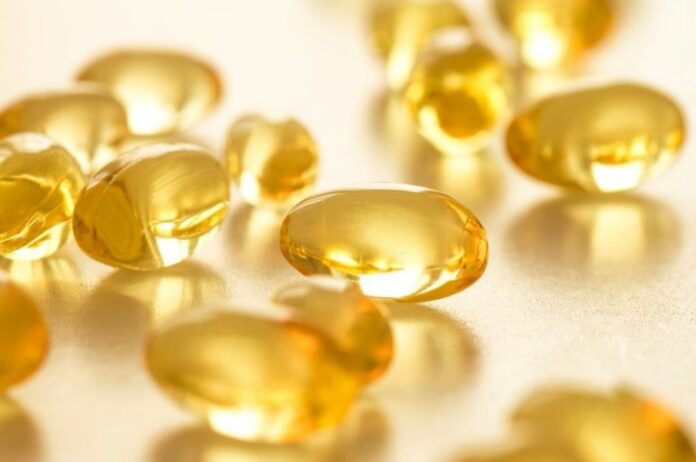“These nuances make it clear that there’s more to the vitamin D story.”
Vitamin D, a crucial nutrient vital for many bodily functions, is most notably known for aiding the body in absorbing minerals like calcium and magnesium. Although some of our body’s vitamin D requirements are met through sun exposure, deficiencies are often treated through supplementation.
Mounting evidence from various sources, including laboratory studies, epidemiological research, and clinical trials, has led researchers to believe that vitamin D could potentially play a crucial role in both the development and progression of cancer and cardiovascular disease. This growing body of research was the driving force behind the launch of the new VITAL trial.
The VITAL study was a controlled trial where 25,871 participants from the US were randomly assigned to either a treatment or placebo group. The trial was double-blind, meaning neither the participants nor the researchers knew which group each participant was assigned to. The study included men over 50 and women over 55 who did not have cancer or cardiovascular disease at the time of enrollment.
The VITAL trial found limited evidence of vitamin D supplement benefits in preventing cancer, heart attack, or stroke among all participants. However, there was a statistical association between BMI and incidence of cancer, mortality from cancer, and incidence of autoimmune disease. Other research also indicates a similar correlation between vitamin D supplementation and risk of type 2 diabetes.
The objective of the new study was to explore this association. The data from 16,515 participants of the original trial who gave blood samples at the start of the study (prior to being randomly assigned to vitamin D group) were analyzed. Additionally, data from 2,742 participants who gave follow-up blood samples after two years were also included in the analysis.
The study measured the levels of total and free vitamin D, as well as several other biomarkers that provide information about vitamin D status such as its metabolites, calcium, and parathyroid hormone, which aids the body in utilizing vitamin D.
“Most studies like this focus on the total vitamin D blood level,” remarks senior author JoAnn E. Manson. “The fact that we were able to look at this expanded profile of vitamin D metabolites and novel biomarkers gave us unique insights into vitamin D availability and activity, and whether vitamin D metabolism might be disrupted in some people but not in others.”
The study found that vitamin D supplementation raised most of the biomarkers related to vitamin D metabolism in participants, regardless of their weight. However, the increases were notably lower in individuals with high BMIs.
“We observed striking differences after two years, indicating a blunted response to vitamin D supplementation with higher BMI,” Tobias points out. “This may have implications clinically and potentially explain some of the observed differences in the effectiveness of vitamin D supplementation by obesity status.”
“This study sheds light on why we’re seeing 30-40 percent reductions in cancer deaths, autoimmune diseases, and other outcomes with vitamin D supplementation among those with lower BMIs but minimal benefit in those with higher BMIs, suggesting it may be possible to achieve benefits across the population with more personalized dosing of vitamin D,” adds Manson. “These nuances make it clear that there’s more to the vitamin D story.”
The VITAL results, according to the authors, are a wake-up call for the research community to keep looking into the possible advantages of vitamin D supplementation for avoiding cancer and other illnesses and to include BMI when assessing the supplement’s health effects.
Source: 10.1001/jamanetworkopen.2022.50681
Image Credit: Getty
